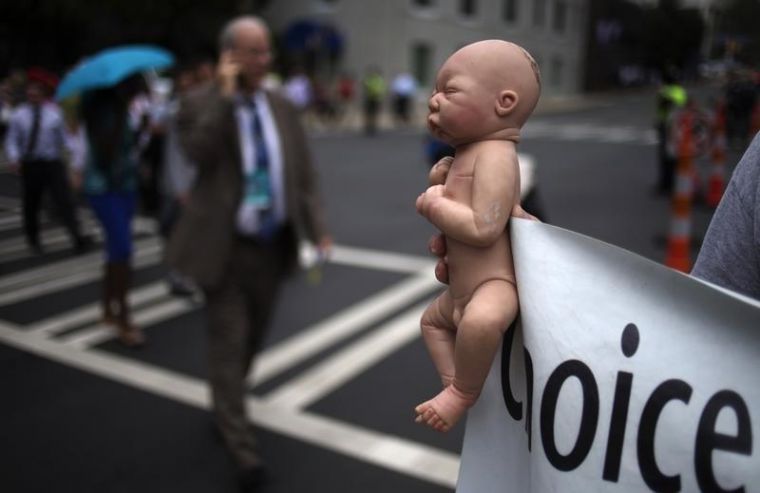Iowa faith leaders controversially sign letter in support of abortion
Faith leaders in Iowa have broken with the traditional Christian stance on abortion as 68 bishops, ministry executive directors, pastors, rabbis and priests added their signature to an open letter declaring their support for women's rights and abortion.

The letter, published on Thursday at the Des Moines Register, underscored the faith leaders' stand against state lawmakers, who have been trying to pass a bill that would prevent the abortion of the fetus after the sixth week of pregnancy. The religious leaders said the government cannot deny pregnant women their constitutional rights in matters of healthcare, and argued that the choice to abort a baby is part of this provision.
"[The bill] is creating a clear path for the government to intrude in the most personal rights and decisions of Iowa women," the letter stated. "This is unconstitutional and it is wrong."
The state of Iowa already has one of the strictest laws on abortion in America even without the proposed six weeks ban as its laws currently stipulate that a woman cannot abort her baby beyond 20 weeks of pregnancy.
A point of deliberation in this proposed bill is the heartbeat rule, which states that a fetus has to be protected from abortion if a fetal heartbeat has been detected since this technically establishes that life exists. Doctors can usually hear the baby's heartbeat through a Doppel fetal monitor during the sixth week of pregnancy.
The 68 faith leaders, however, stated in their letter that this heartbeat rule has science, not religion, as its basis. Those who signed the statement against the bill were from the American Baptist Church, Evangelical Lutheran Church of America, Presbyterian Church USA, United Church of Christ, United Methodist Church, as well as religious heads of Episcopal churches, Reformed Judaism, Universalism and ULC Humanist.
Similar heartbeat rule bills have been submitted in both the House and Senate committees in the past by lawmakers from Alabama, Arkansas, Kansas, Kentucky, Texas and Wyoming. The majority of these bills were vetoed, postponed or become held up in courts and have not become actual laws.











